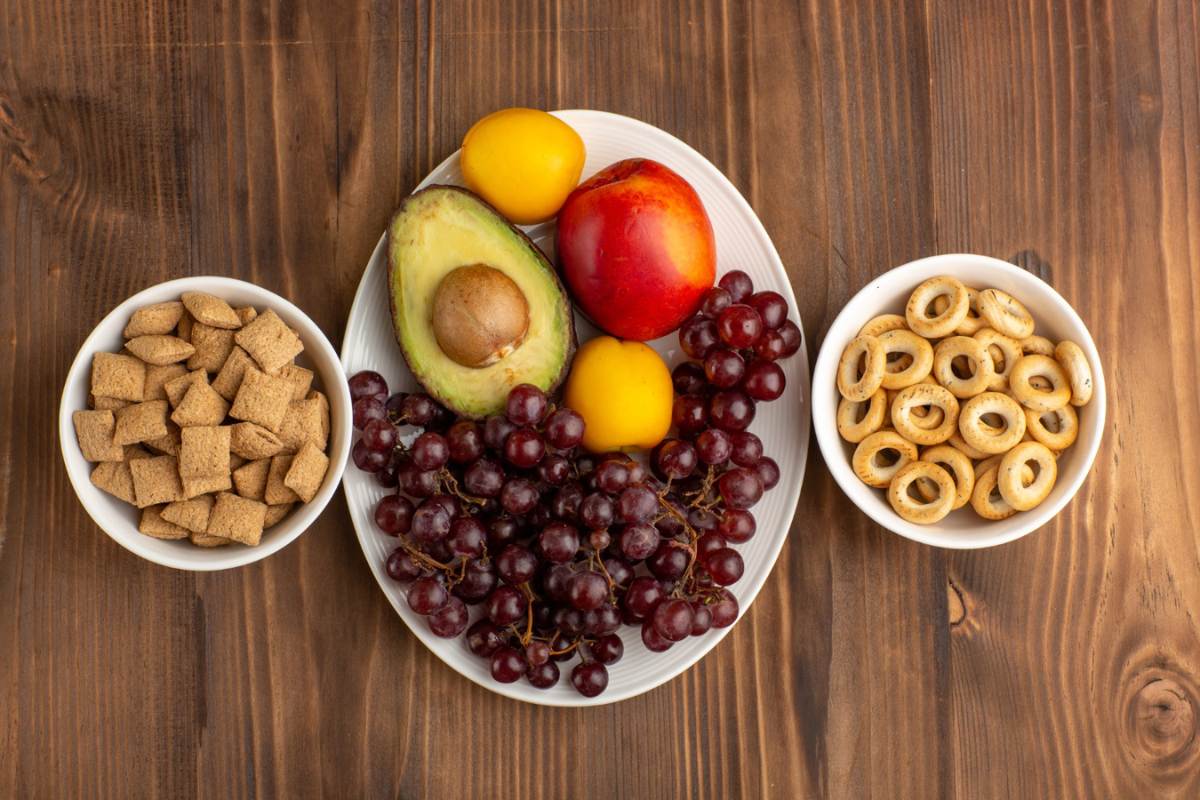Ever caught yourself grabbing for that bag of chips or glancing at the drive-thru on the way home from work? You’re in good company. Junk food is a common presence in most diets globally, providing ease and delicious tastes. But have you ever stopped to think about what these foods are accomplishing in your body and mind? Let’s take a journey to find out the truth about junk food and how it is affecting our health
What is Junk Food Exactly
Before we get into the impact, let’s define what we’re referring to by “junk food.” Generally speaking, these are foods that are calorie-dense but not very nutritious. Consider:
- Sweets: Candies, chocolates, and pastries.
- Salty snacks: Chips, pretzels, and salted nuts.
- Fast food: Burgers, fries, and pizzas.
- Sweet drinks: Sodas, energy drinks, and sweet teas.
These foods tend to include too much sugar, salt, unhealthy fats, and artificial additives and not enough nutrients such as vitamins, minerals, and fiber.
The Immediate Aftermath: Short-Term Effects
Eating junk food now and then may not seem so bad, but even short-term consumption can have noticeable consequence
Energy Highs and Crashes
Ever had a sudden energy spurt after a sweet treat, only to feel exhausted a little later? This ride is because of sudden spikes and crashes in blood sugar levels, causing tiredness and crankiness
Digestive Uncomfort
Excessive fat and minimal fiber content in most junk foods can make digestion slow, resulting in bloating and discomfort. These foods also interfere with the balance of the gut bacteria, which is responsible for healthy digestion.
Poor Concentration
That lethargy after a fast meal is not imaginary. Saturated-fat and sugar-rich diets can slow down brain function, making it difficult to focus and impair memory.
The Cumulative Toll: Long-Term Health Risks
Junk food habits aren’t just accumulating around the waistline; they’re setting the stage for a range of chronic diseases.
Weight Gain and Obesity
Junk foods contain high calories and tend to be eaten in excess. The outcome? Unwanted weight gain and, eventually, obesity. Worryingly, research has demonstrated that ultra-processed food diets are firmly linked to weight gain and obesity.
Heart Disease
Large amounts of trans fats, saturated fats, and sodium in junk foods tend to raise bad cholesterol (LDL) and blood pressure, putting one at a higher risk for heart disease and stroke. Diet plays an important part in coronary heart disease, with diet-related factors such as obesity and hypertension.
Type 2 Diabetes
Constant consumption of sugary foods and drinks can cause insulin resistance, a condition that often precedes type 2 diabetes. According to a 2023 meta-analysis, every 10% rise in the intake of ultra-processed foods contributed to a 12% greater risk of type 2 diabetes.
Mental Health Implications
The Science Behind the Addiction
Ever wonder why you can’t seem to stop after just one chip? Junk food is designed to strike the “bliss point,” a sweet and fatty, salty mix that gets the reward system in your brain going, causing a rush of dopamine. The reaction is identical to those from addictive substances, and soon we’re in withdrawal, desiring more.
Breaking the Cycle: Practical Strategies
Knowledge is the beginning of understanding. Below is how you can cut back on junk foods:
- Plan Your Meals: Cooking meals ahead of time can eliminate the urge for fast food.
- Healthy Snacking: Eat fruits, nuts, and yogurt rather than chips and candies.
- Stay Hydrated: At times, our bodies get confused between hunger and thirst. Drinking water can cut down on unnecessary snacking.
- Mindful Eating: Listen to what and when you eat. Being aware of emotional eating can assist in making healthier food choices.
Conclusion
While the occasional indulgence won’t wreak havoc, regular consumption of junk food can lead to severe health issues, both physically and mentally. Being aware of these risks and making conscious food choices can pave the way for a healthier, more vibrant life. Remember, it’s not about depriving yourself but finding a balance that nourishes both body and soul.








